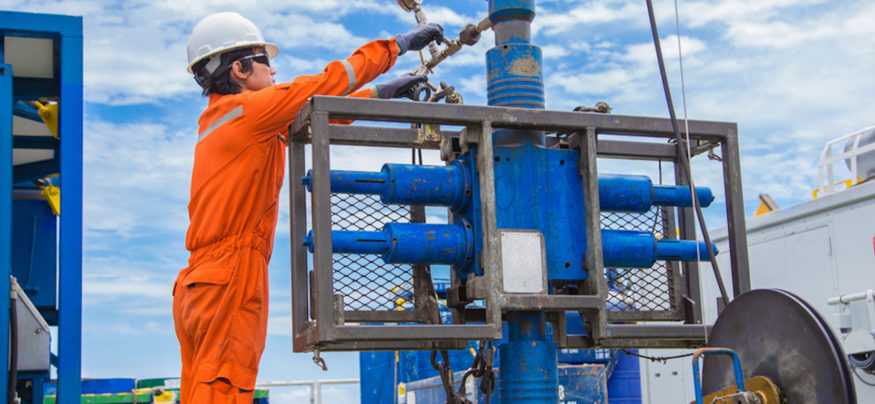For those who work in the oil and gas industry, mobility is a necessity. Work must often be done remotely, and workers rely heavily on the use of field service apps and ruggedized smartphones. As with other sectors of the economy, extracting key data is time-sensitive and can have a major impact on a company’s sales and revenue.
Mobile apps have already had a dramatic impact on industries like transportation and construction. A custom POS application developed for Frontier Airlines streamlined the process of in-flight sales, improving the customer experience and making flight attendants’ jobs easier. Similarly, companies in the construction field are leveraging apps that can be used for data entry and managing safety protocols. The oil and gas industry is poised to follow these other industries to benefit from the use of field service apps.
Real-Time Collaboration and Reporting
According to Gartner smart device analyst Carolina Milanesi, “The ubiquity of smartphones and the increasing popularity of tablets are changing the way businesses look at their device strategies.”
However, according to a survey conducted by Oil and Gas IQ, only about one third of oil and gas companies are currently making full use of mobile devices’ potential. Mobile technology provides many benefits for field data capture, streamlined workflows and information sharing. Ruggedized devices are increasingly well-equipped to withstand the demands of work in the field, expanding the potential applications of mobile devices.
Whether the staff of your organization are performing mobile data logging, monitoring the supply chain, communicating with clients or reaching out to the nearest technician, there’s a solution out there for you. The oil and gas industry has very specific needs, such as calculating pipeline volumes, syncing data and being able to remotely access safety resources. If your organization uses Google Apps, visit the Google Play Store to download the most up-to-date versions of these applications onto your Android smartphone or tablet. Microsoft has also gone to great lengths to makes its Office 365 suite a powerful collaboration option on Android smartphones.
The Value of a Tough Smartphone
The oil and gas industry requires a tough smartphone, such as the Galaxy S7 active, that can withstand its demanding environment. This rugged smartphone is built with IP68 certified water and dust resistance, a virtually all-day battery, fast wireless charging, and has been tested against the military’s MIL-STD-810G specification. The phone’s shatter-resistant screen — with a unique two-layered design — provides peace of mind for employees working in the oil and gas industry’s tough environments. It also includes expandable memory, so field workers can expand device storage capacity if needed to accommodate documents, training videos and apps.
Custom Applications Boost Efficiency
Specialized field service apps are a critical aspect of connectivity. Samsung offers custom mobile app development for this reason, as consumer applications available in markets like Google Play don’t always match the needs of a particular business. There are many custom applications that handle data collection, safety compliance and inspection reports for those who work in oil fields or at gas rigs. Whether you partner with Samsung or access apps through some other means, field service apps can greatly enhance your productivity.
Learn more about options available to you by checking out our full line of enterprise mobility solutions to find ideas and products that fit your business.








